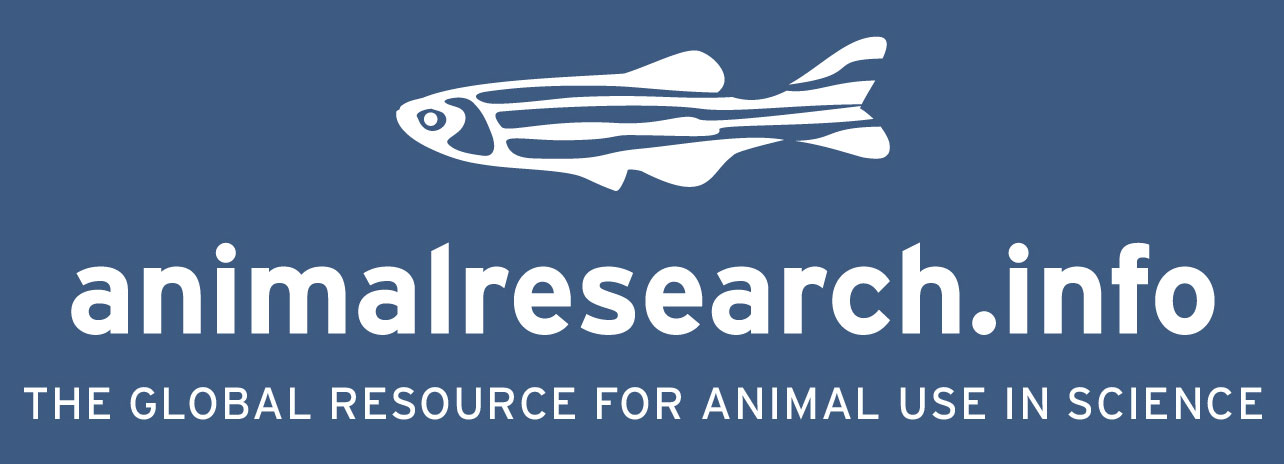A lack of “good bacteria” in childhood could be permanently changing the way the brain is wired up – at least if they affect people the same way they do mice. Changes in our gut bacteria have been implicated in several mental health disorders, such as schizophrenia and depression, but it’s unclear whether these differences actually cause the problems or are knock-on effects. Now a lack of certain bacteria has been found to cause faulty patterns of connections between brain cells.
Microbiota and parasites
Traditionally, parasite referred primarily to organisms visible to the naked eye, or macroparasites such as worms but the term now includes microparasites such as protozoans, viruses and bacteria. Parasitism is a non-mutual symbiotic relationship between species where one species, the parasite, benefits at the expense of the other, the host.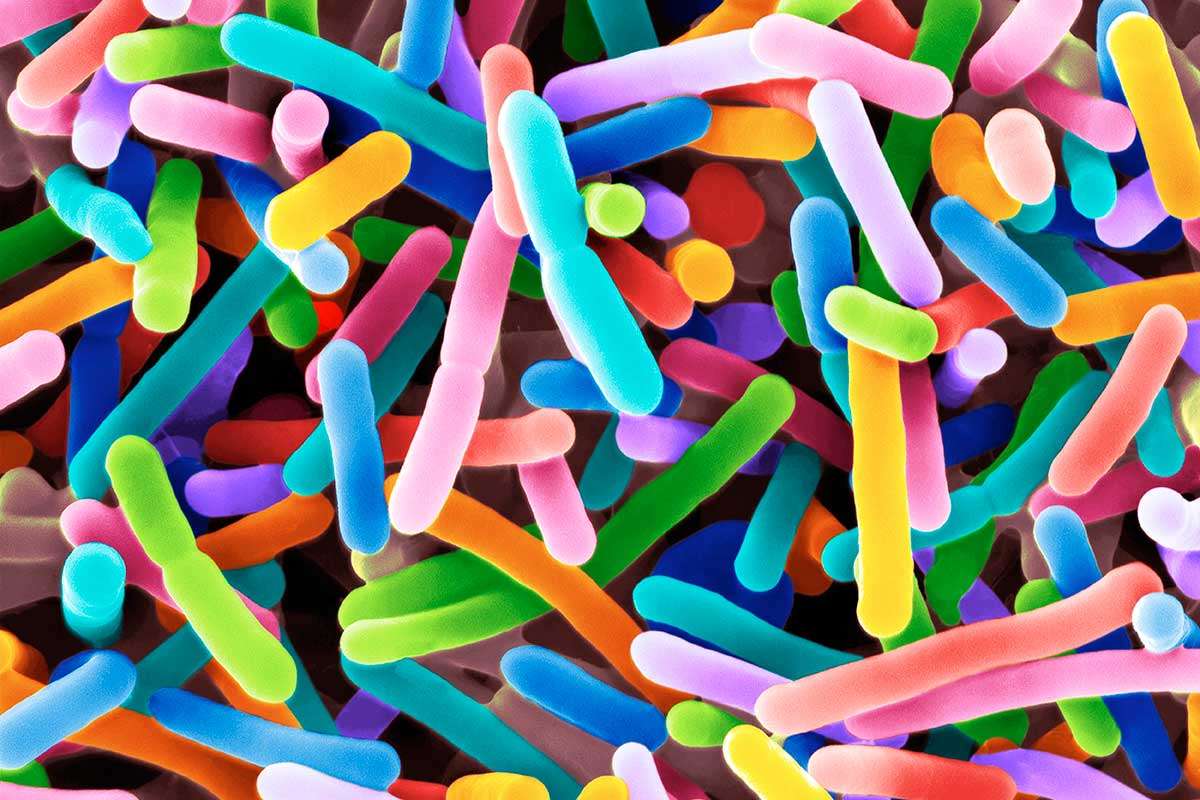
21/06/18 First evidence that gut bacteria help wire young brains
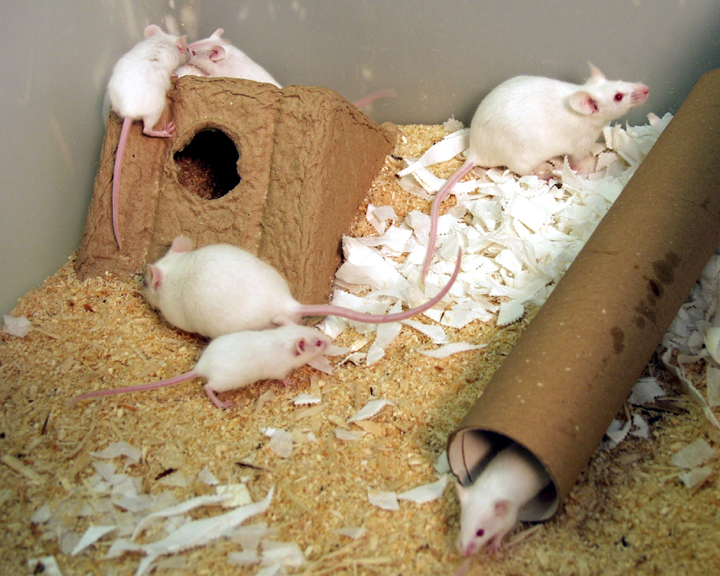
21/06/18 Genetically modified bacteria enlisted in fight against disease
People often take medicines to rid themselves of problem bacteria. Now, a counterintuitive approach — turning genetically modified bacteria into medicines — is gaining ground. Several companies are testing whether engineered bacteria can treat conditions that affect the brain, liver and other organs — and even kill other, harmful microbes. But although US regulators have approved trials of several types of engineered bacteria as a form of gene therapy, questions remain about whether microbes’ ability to share DNA with one another will create long-term safety risks.
https://www.nature.com/articles/d41586-018-05476-4
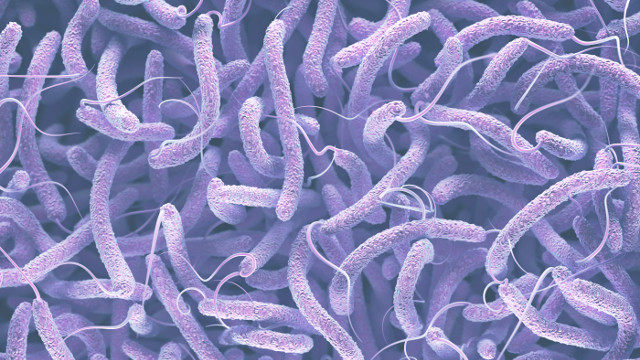
13/06/18 Probiotics Prevent Cholera in Animal Models
Following any vaccination, there is normally a delay of a week or two before protection kicks in, during which time the immune system is gearing up its adaptive response. But a potential new cholera vaccine—created by genetically engineering a nontoxic version of the Vibrio cholerae bacteria—has been shown to exert a probiotic effect that protect rabbits from lethal disease just one day after inoculation. This probiotic form of protection against cholera also works in mice by giving them Lactococcus lactisbacteria, which is normally found in cheese. Both studies were reported in Science Translational Medicinetoday.
https://www.the-scientist.com/daily-news/probiotics-prevent-cholera-in-animal-models-64318

21/05/18 Missing microbes 'cause' childhood cancer
Our modern germ-free life is the cause of the most common type of cancer in children, according to one of Britain's most eminent scientists. Acute lymphoblastic leukaemia affects one in 2,000 children. Prof Mel Greaves, from the Institute of Cancer Research, has amassed 30 years of evidence to show the immune system can become cancerous if it does not "see" enough bugs early in life. It means it may be possible to prevent the disease.
https://www.bbc.com/news/health-44199844
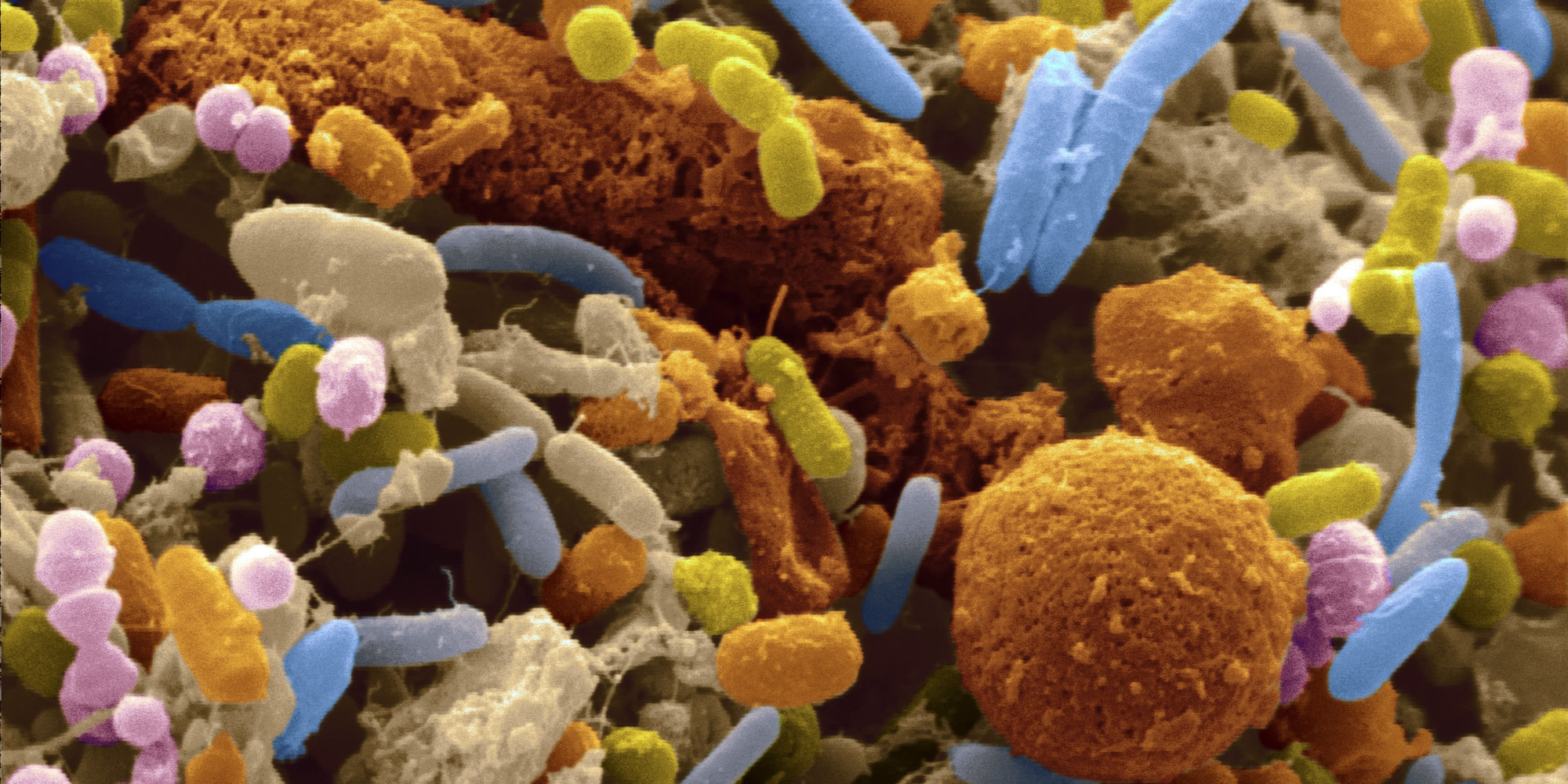
22/03/18 Gut bacteria determine speed of tumor growth in pancreatic cancer
The population of bacteria in the pancreas increases more than a thousand fold in patients with pancreatic cancer, and becomes dominated by species that prevent the immune system from attacking tumor cells. These are the findings of a study conducted in mice and in patients with pancreatic ductal adenocarcinoma (PDA), a form of cancer that is usually fatal within two years.
https://www.eurekalert.org/pub_releases/2018-03/nlh-gbd032018.php
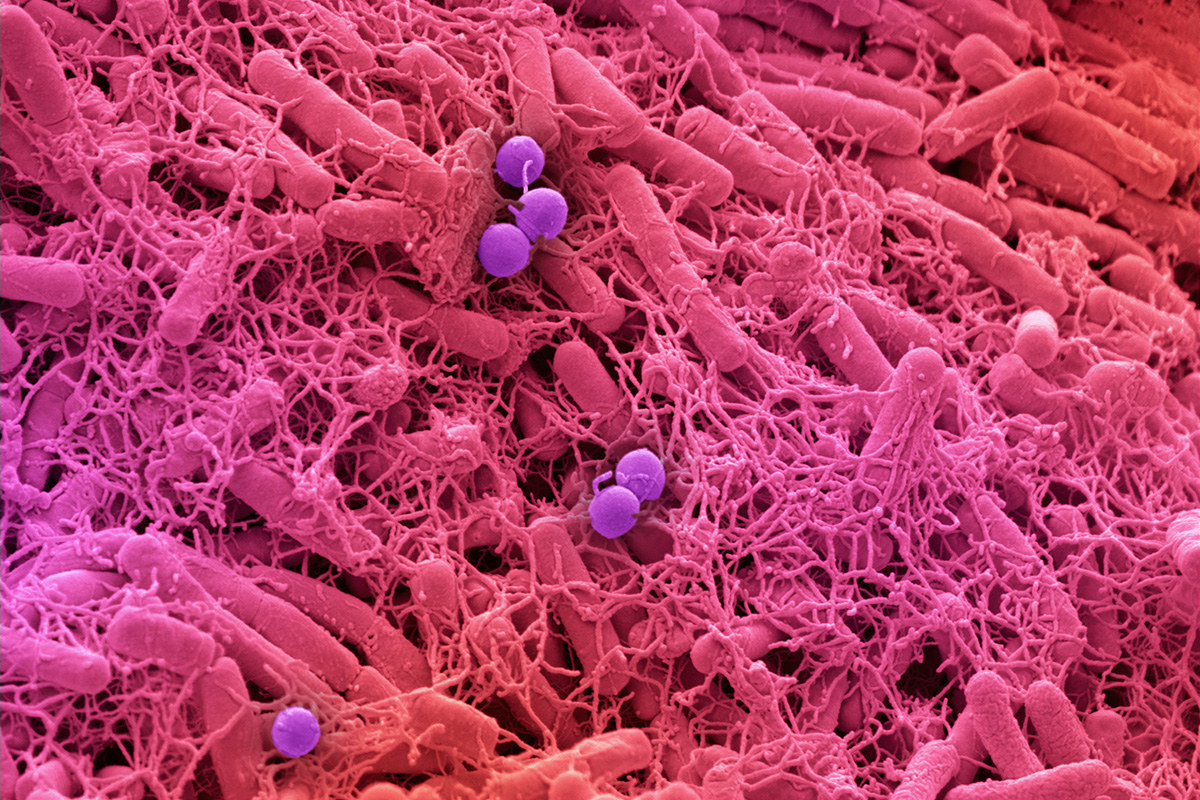
18/02/18 Bacteria on our bodies may be protecting us from skin cancer
Your skin is crawling with bacteria – and some of them could be protecting you from cancer. That’s what Teruaki Nakatsuji at the University of California, San Diego and his colleagues found when they took a closer look at the friendly bacteria that makes a home on our skin. Some skin bacteria seem to be good for us. When Nakatsuji’s team cultured skin bacteria from volunteers, they found that many were able to produce anti-bacterial proteins when they were introduced to harmful bacteria. A strain of one species, Staphylococcus epidermidis, also made a molecule that has a similar structure to a drug that is used to treat blood cancer. When the team applied this chemical – called 6-HAP – to a range of cancer cells it killed them.
08/02/17 Antibiotics remove gut bacteria that stimulate lung immune system at birth
Antibiotics given just before birth, given to women before undergoing a Caesarean section for example, might kill gut bacteria that initiate normal immune cell development in newborn lungs.
A study led by Hitesh Deshmukh, at the Cincinnati Children’s Hospital Medical Centre, Ohio, suggests that antibiotics can harm infant mice by killing important gut bacteria.
The team identified chemicals released by bacteria that tell a new pair of lungs when to build immune cells, how many to make, and when to use them. Temporarily disrupting gut bacteria was enough to make young mice more likely to contract pneumonia and die.
Journal reference: Science Translational Medicine, DOI: 10.1126/scitranslmed.aaf9412
https://www.newscientist.com/article/2120761-antibiotics-might-kill-gut-bacteria-that-protect-newborn-lungs/
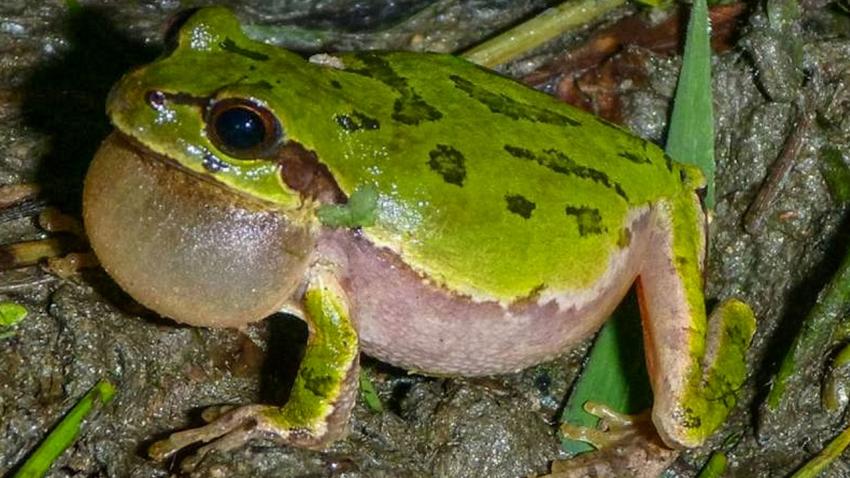
01/03/16 Fungal disease that kills amphibians spread by making infected males more attractive
A fungal disease that has killed amphibians worldwide may be spreading by making the mating calls of infected males more attractive to females. The finding—one of the first—to show that the pathogen can alter a species’s reproductive behavior could explain why frogs and related animals continue to disappear across the globe.
http://www.sciencemag.org/news/2016/03/fungus-turns-frogs-sexy-zombies

12/08/15 Mouse studies have changed how scientists understand the body's first response to bacteria
Researchers always thought that the body's first response to invading bacteria or viruses was through the formation of a substance called interferon. Until now, that is. Now researchers know that that even before the production of interferon, the immune system responds to infection when the body's mucus membranes are disrupted. This disruption causes the production of substance that neutralizes any foreign invaders, keeping us from getting sick.'
http://www.alnmag.com/news/2015/12/bodys-first-response-illness-discovered-mice
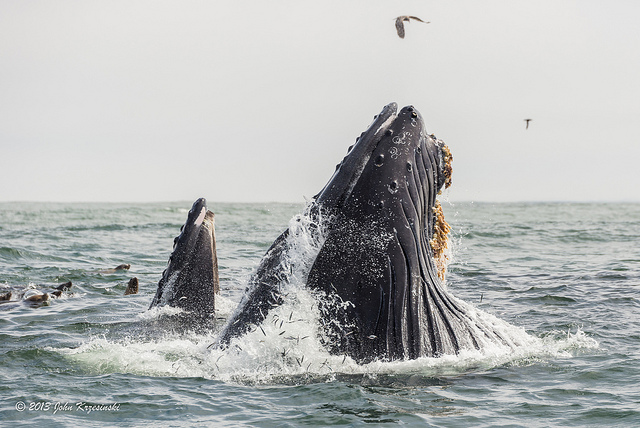
24/09/15 Floating poop reveals the surprising bacterial partners of whales.
The floating faeces of whales have revealed a surprise about microbes living in these giant marine mammals’ guts. Although baleen whales are carnivores, filter-feeding on fish, krill, and other crustaceans, some of the microbes in their bellies look more like those of a vegetarian. Researchers isolated and sequenced DNA from humpback and right whale faeces, and found the genetic signatures of protein-digesting microbes like those in a lion or a tiger but also quite a few microbes commonly found in cows. These cowlike microbes may have a functional role, digesting the carbohydrates in whales’ diets - the chitin that makes up the shells and other body parts of crustaceans. From the gut's perspective, digesting chitin is as big a challenge as cellulose.
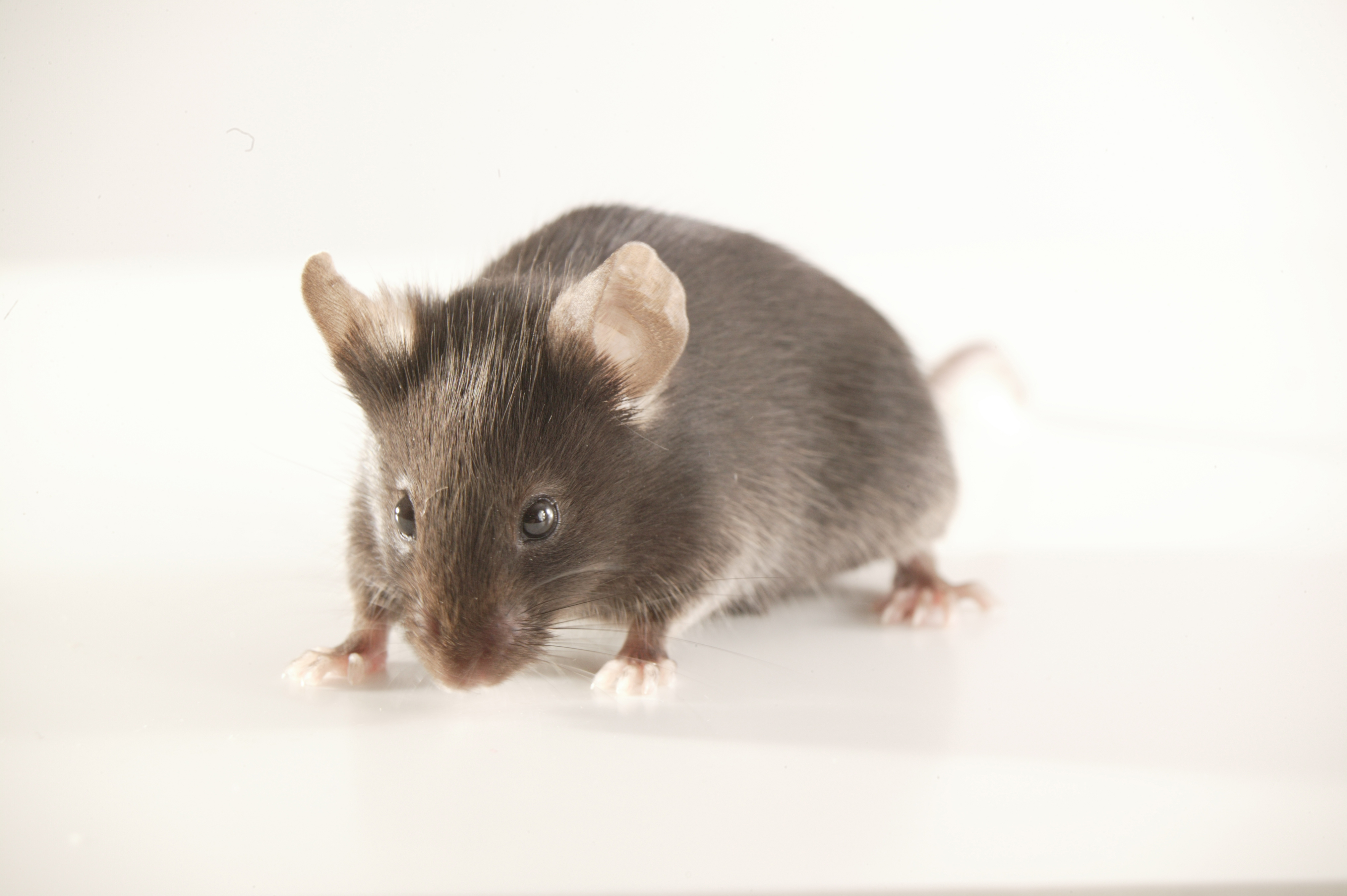
06/08/15 Weight loss surgery causes bacteria in the intestines to extract fewer calories from food
Weight loss surgery causes bacteria in the intestines to extract fewer calories from food. These changes to the gut microbiome last at least nine years. Researchers transplanted bacteria from obese women and women who had the surgeries into mice raised without gut microbes. Mice with gut bacteria from the surgery groups gained less body fat than did rodents with microbes transplanted from obese women. The metabolism of the microbes switched so they burned fewer carbohydrates and more fat.
https://www.sciencenews.org/…/gastric-bypass-surgery-change…

29/07/15 gut bacteria linked to depression
A study has made the link between stomach bugs and depression. Canadian researchers showed that if newborn mice are subjected to the stress of being repeatedly separated and reunited with their mothers, they appear anxious and depressed. However, if their guts are germ-free, this stress does not seem to affect their mental health.
http://www.dailymail.co.uk/…/Could-depression-triggered-sto…
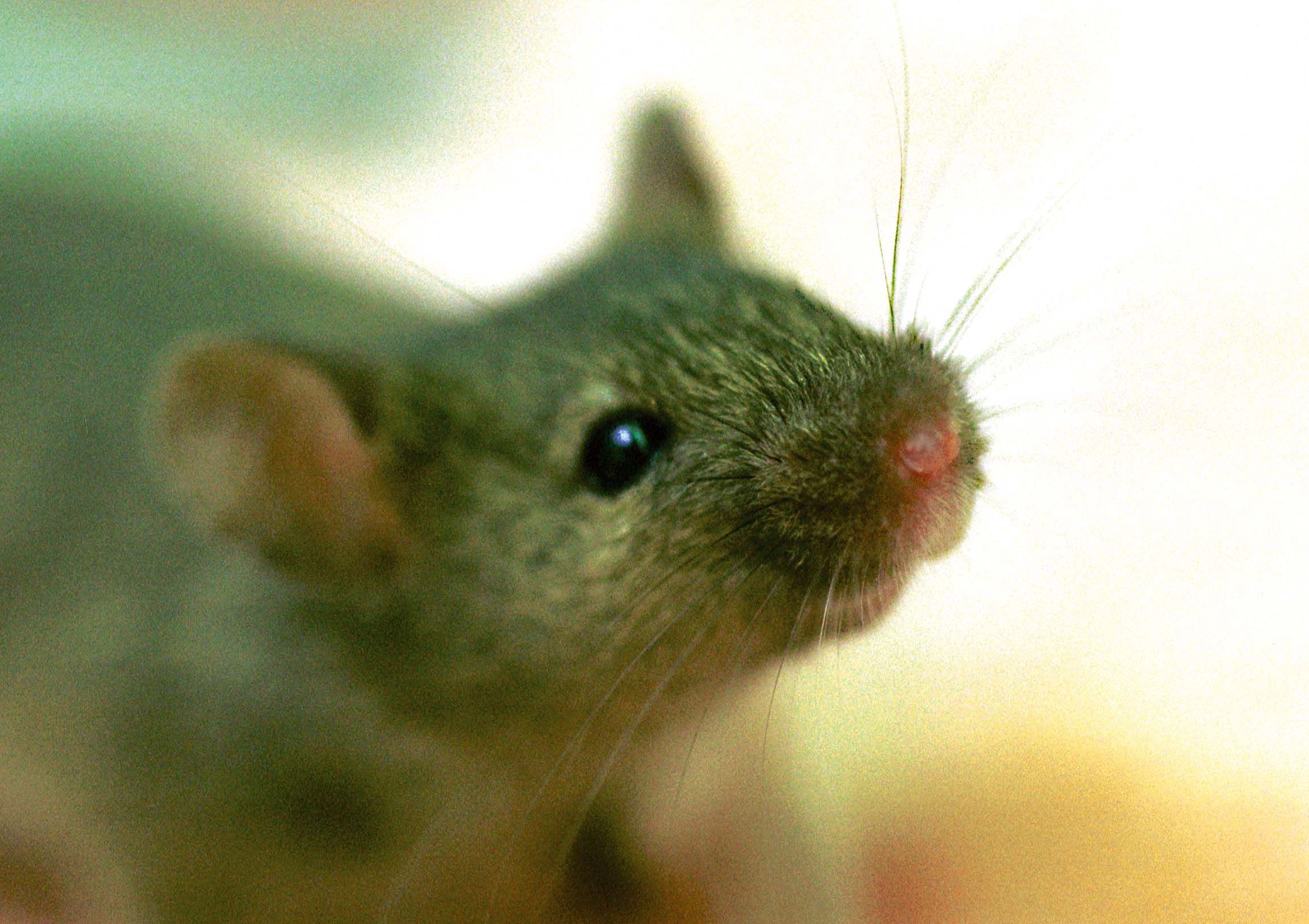
03/07/15 antibiotics could harm and alter children’s gut bacteria leaving them prone to obesity and diabetes
A study in mice suggests antibiotics could harm and alter children’s gut bacteria leaving them prone to obesity and diabetes. A study mimicking use of the drugs in babies found mouse pups put on weight and developed bigger bones. The average child in the UK has taken ten courses of the drugs by the age of 16. Antibiotic exposure during a critical window of early development disrupts the bacterial landscape of the gut and permanently reprograms the body's metabolism, setting up a predisposition for obesity. The cumulative data could help shape guidelines governing the duration and type of paediatric prescriptions.
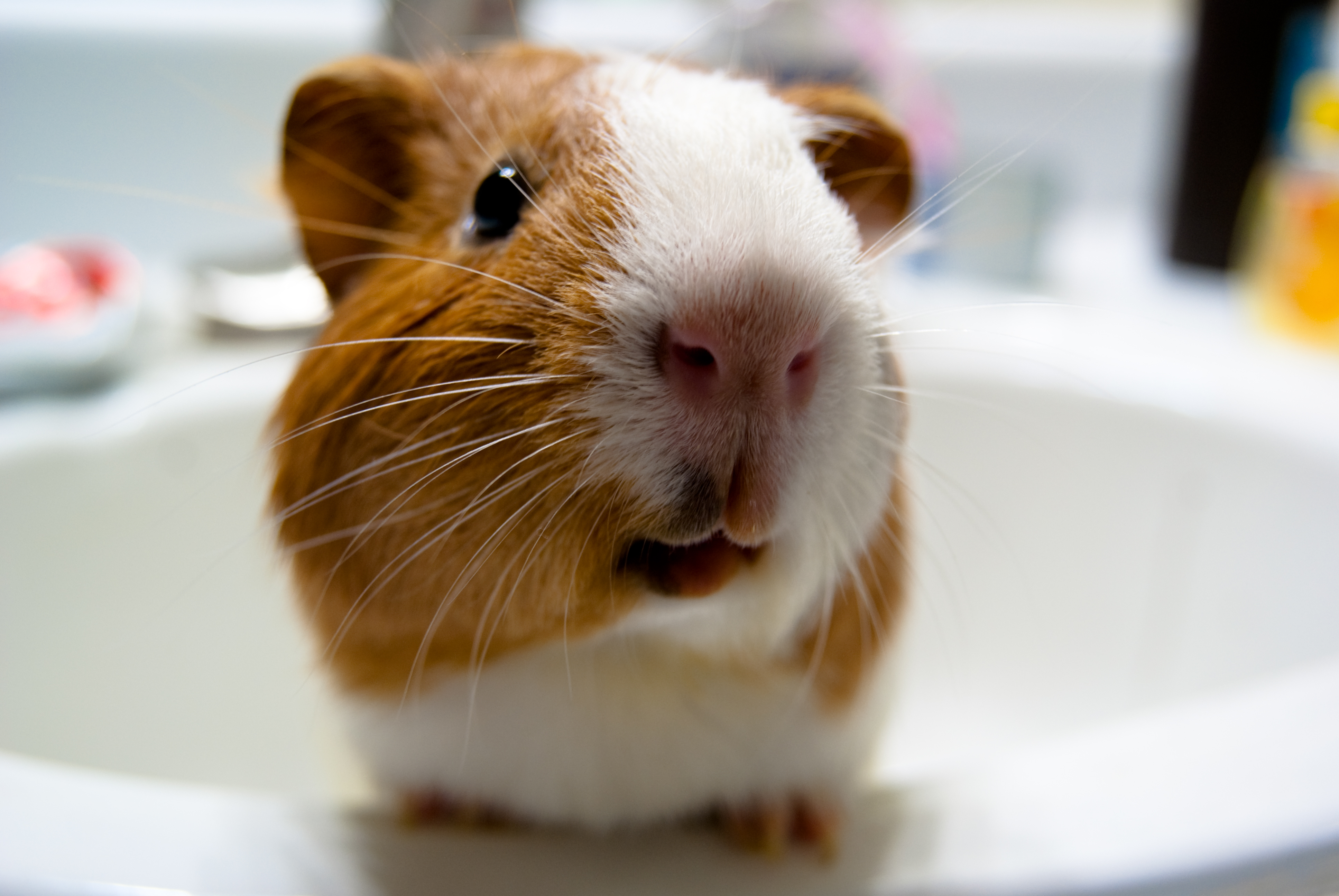
22/06/15 Rearing and eating Guinea pig may explain the high rates of deadly parasitic infections
Rearing and eating Guinea pig may explain the high rates of deadly parasitic infections in parts of Peru, according to new research. Guinea pigs can act as a reservoir for a single-celled parasite called Trypanosoma cruzi, which causes an often fatal disease in humans called Chagas. While it is very difficult for most humans to catch Chagas disease, rates of infection in some Andean populations can be as high as 40%, caused by the consumption of infected Guinea pigs.
http://news.sciencemag.org/…/guinea-pig-feasts-may-explain…/
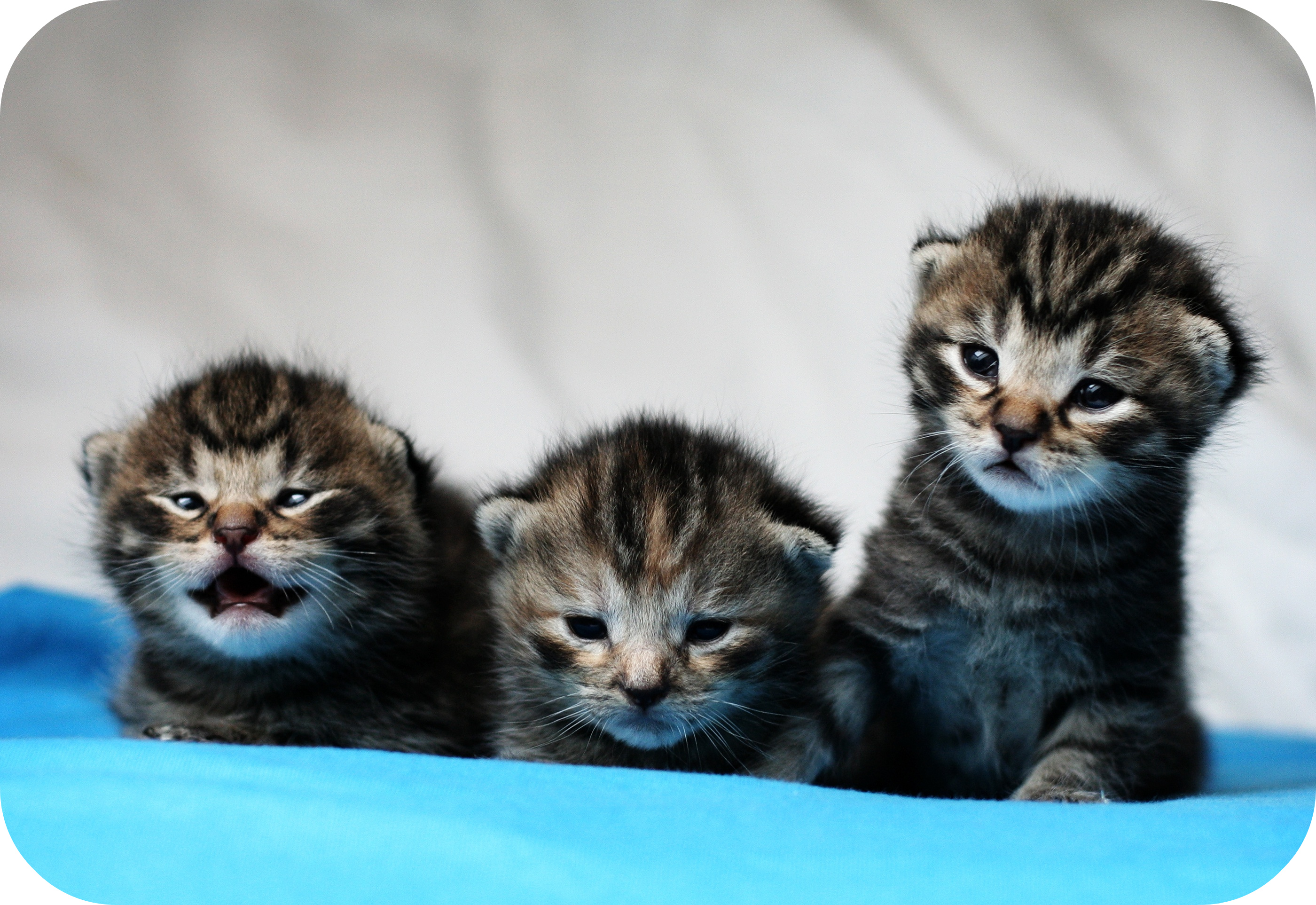
02/06/15 Parasites in cats are hindering children performances at school
Toxoplasma Gondii, a single-celled parasite that lives in the gut of cats and infects 1/3 of the human population, may be negatively affecting school children's performance. The parasite, which is spread through contact with cat faeces, hides in brain cells and muscles, often without any other symptoms. A study by the University of Iowa suggests it may be affecting cognitive abilities in children, but that vitamin E supplements could reverse the effect.
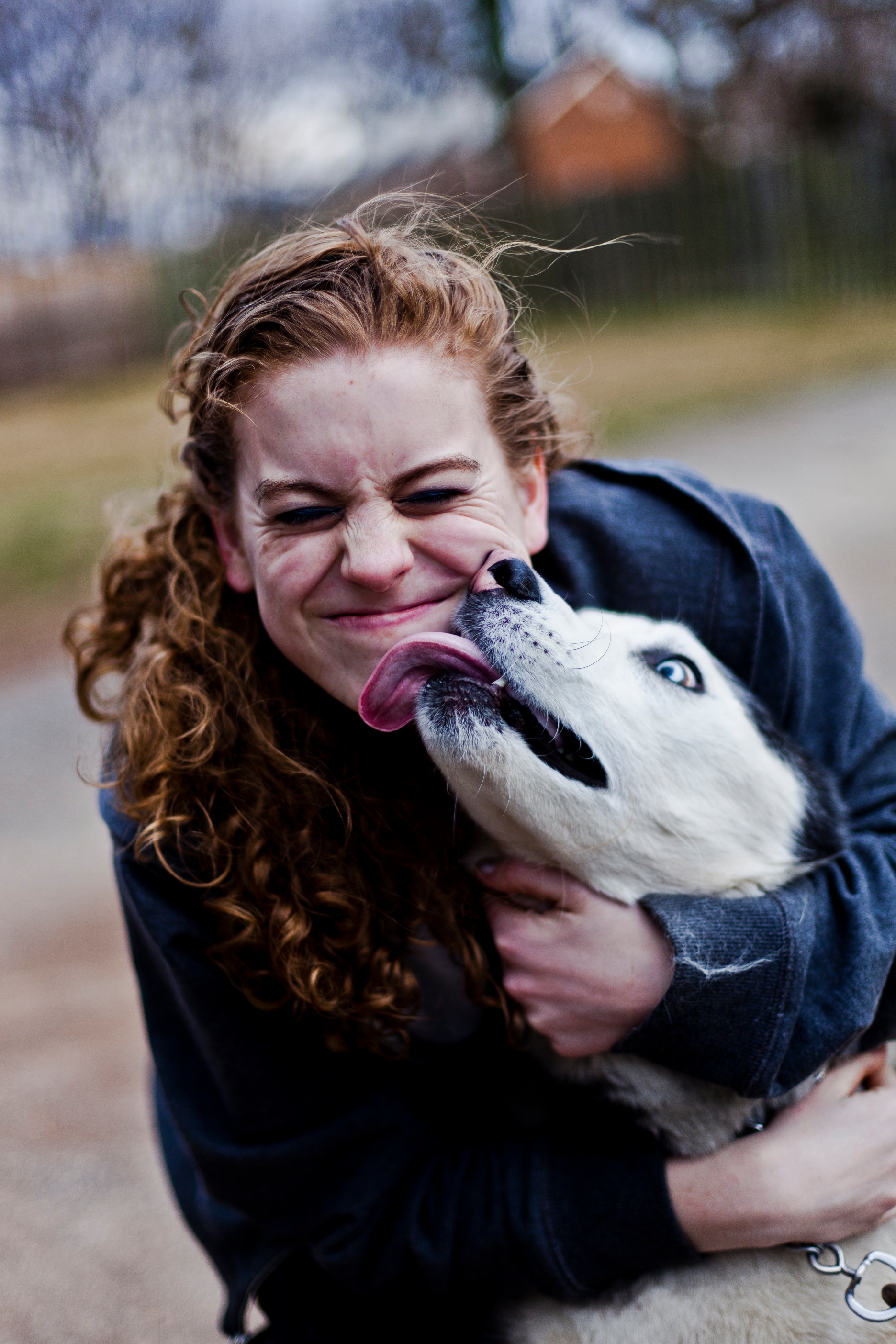
19/03/15 Dog germs may be good for you
Dog germs may be good for you. Dog microbiota can be beneficial and could be the reason why children in dog owning families have lower rates of asthma and allergies. Humans have evolved with bacteria and have grown accustomed to their presence which became teachers of tolerance for the immune system – they trained the immune system not to react to things that are irrelevant, like pollen. However, one of the paradoxes of modern time is the unprecedented cleanliness linked to an increase in allergies and inflammatory diseases. Researchers believe that dogs have anti-inflammatory effects and that may be because of the sharing of the microbiota. The data shows that families that have dogs share as much of their microbiota with their dog as they do with each other.
06/02/15 Gut bacteria bioemgineered to produce precursors to vitamin A
Gut bacteria bioengineered to produce precursors to Vitamin A. Vitamin A deficiency affects about 250 million children worldwide, and about 500 000 of them go blind every year and half of those die within 12 months. One way to tackle the problem is to bioengineer crops to contain high levels of the precursors. But that makes us very dependent on the crops. Researchers have found bacteria that can produce beta-carotene, a precursor of vitamin A, they have taken the bacterial DNA that codes for the chemical and inserted it into a strain of bacteria that live in the gut of mice. After 2 weeks of living in the gut of mice, the bacteria were at home and were making beta-carotene that could be detected in the gut, bloodstream and liver. This is the first time engineered bacteria have been used to make beneficial compounds inside a living animal.

02/02/15 In the 1980s, starvation killed wild pandas, today it is more likely to be from a parasitic worm infection
In the early 1980s, 9/10 pandas died of starvation, however, over the last three decades a parasitic gut worm has become the dominant killer. Baylisascaris schroederi, a parasitic roundworm, cans in large numbers form bowel obstruction and more serious conditions. The worm lays eggs discriminated in panda faeces, where they stay viable for many years, awaiting for an unlucky panda to swallow them. The eggs hatch into larvae inside the intestine and burrow through various body tissues, causing inflammation and scarring in the intestinal wall, liver and lungs. The pandas can get repeatedly infected by the worm, inflicting internal damage for years. The study of the ecology of the parasite may help preserve the few wild pandas.
http://www.iflscience.com/plants-and-animals/meet-parasitic-worm-kills-giant-pandas
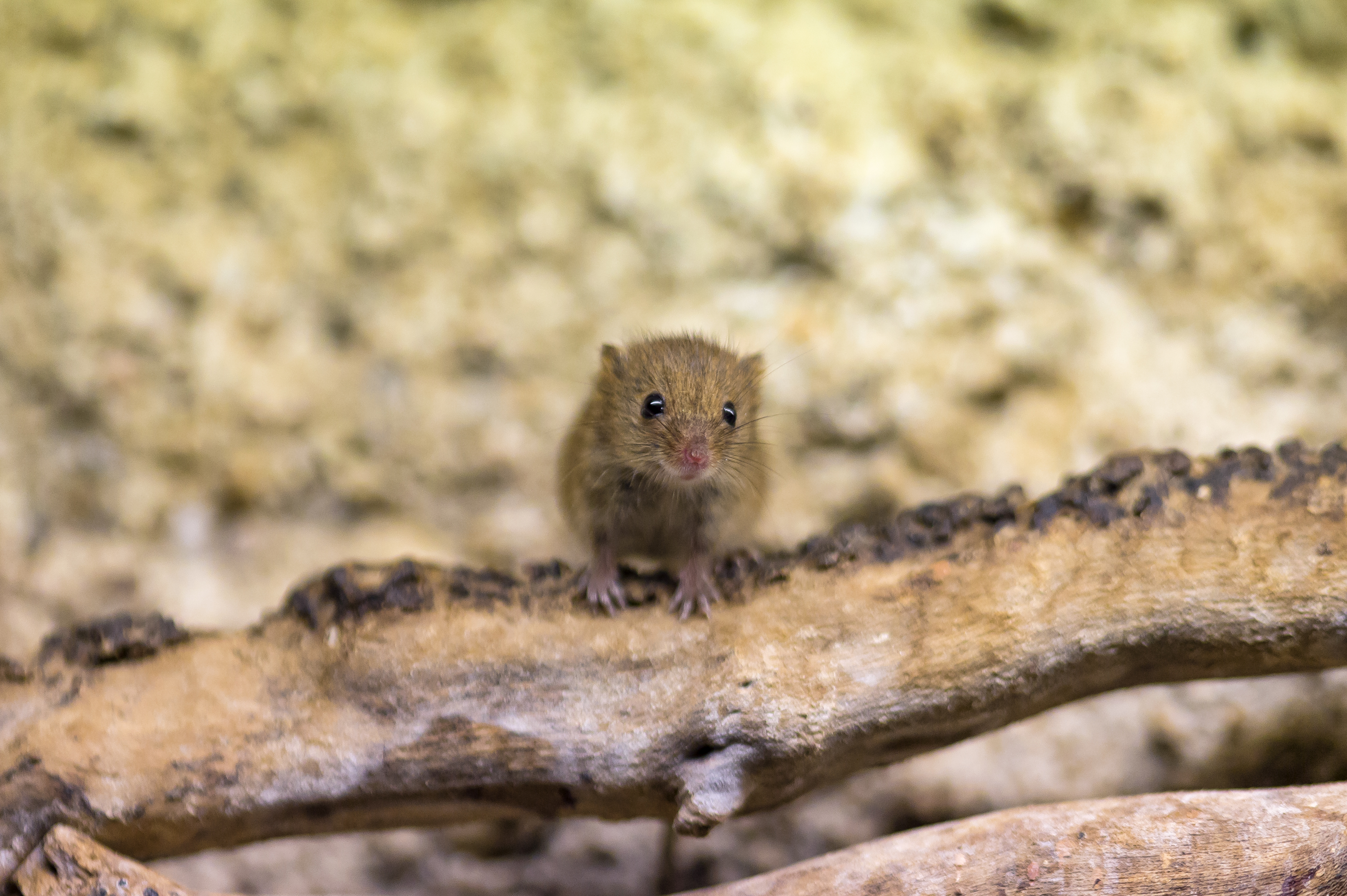
19/01/15 Gut microbes trigger autoimmune disease later in life in mice
Gut microbes trigger autoimmune disease later in life in mice. Researchers have revealed that the colonization of the gut of young mice by certain types of bacteria can lead to immune responses later in life that are linked to disease. Increases in the levels of segmented filamentous bacteria can trigger changes in the lymphoid tissue of the mouse gut that result in the production of antibodies that attack components of the cell nucleus. This type of damage is a hallmark of autoimmune diseases like systemic lupus erythematosus and systemic sclerosis where organs throughout the body are damaged by wayward immune responses.
http://dx.doi.org/10.15252/embj.201489966
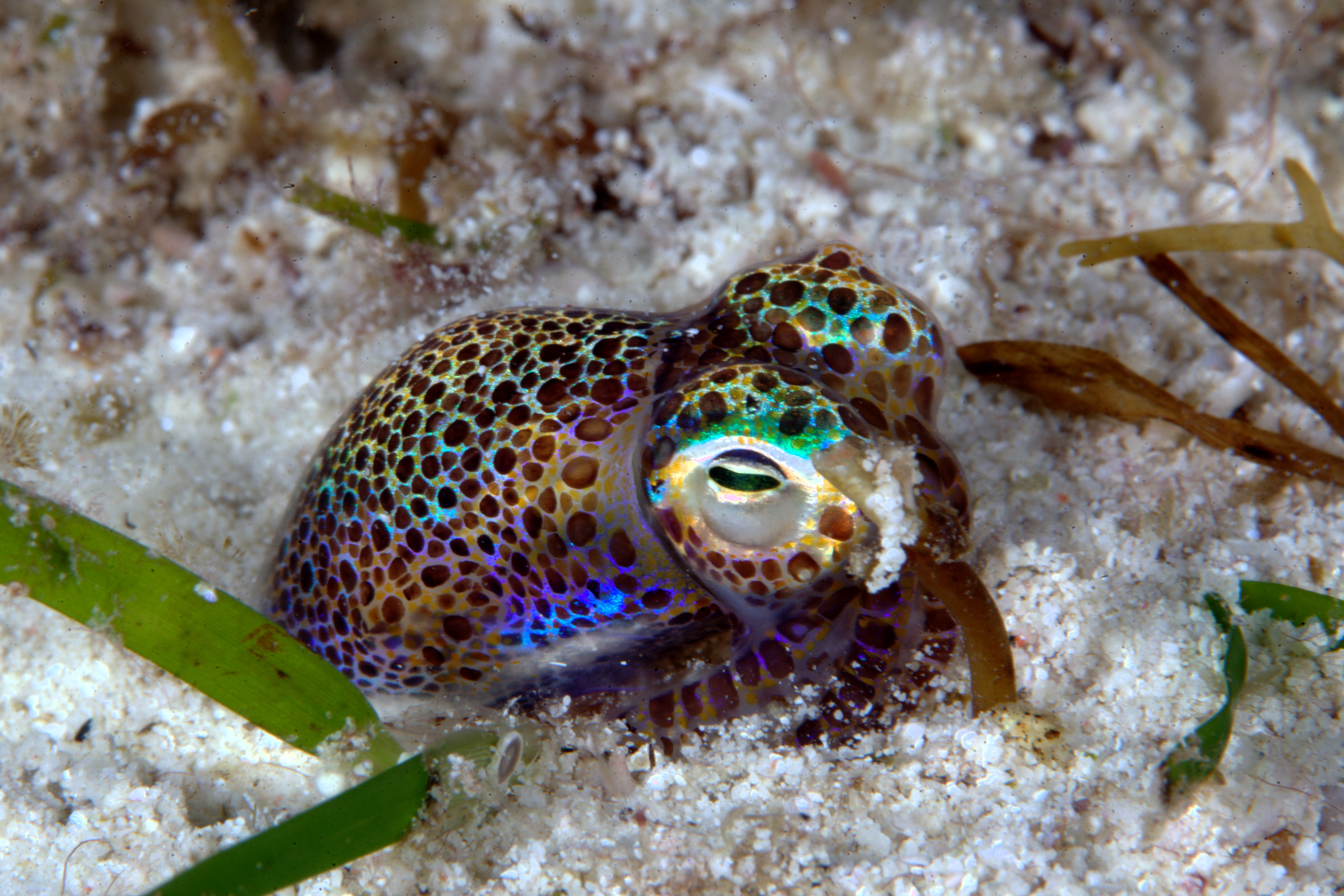
16/01/15 Bobtail squid live in symbiosis with bioluminescent bacteria
Bobtail squid live in symbiosis with bioluminescent bacteria. The bacteria live in chambers in the squid and Vibrio fischeri out-compete other microbes to establish an entirely faithful relationship with their host. They also interact with the squid’s immune system, guide its body clock and shape its early development by transforming its body. The microbe benefits by living in a cosy secure environment, and the squid uses the bioluminescence to hide from predators. The study of this relationship could help us understand a bit more about humans and their natural microbiome.
http://www.nature.com/news/microbiology-here-s-looking-at-you-squid-1.16698
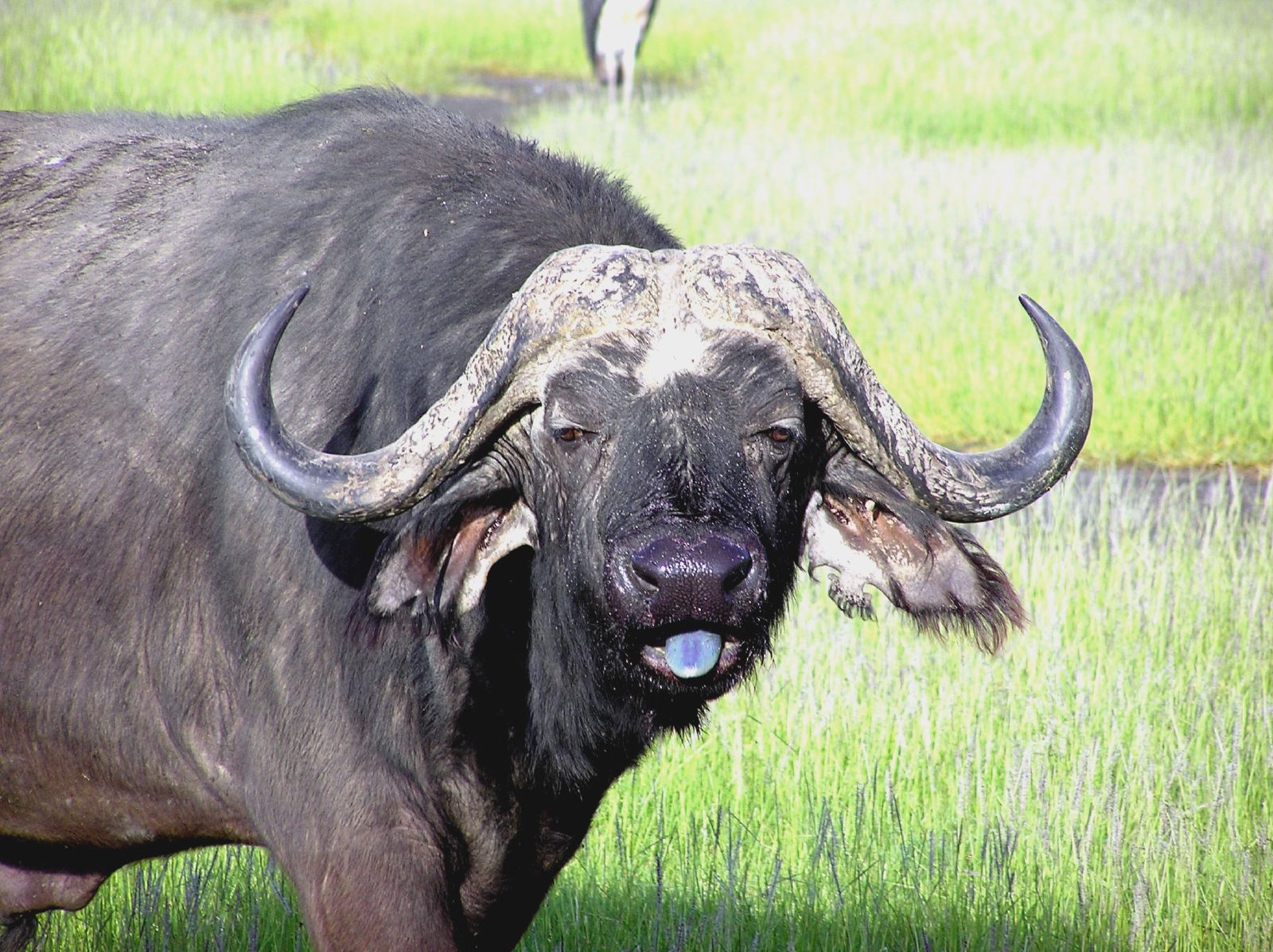
13/01/15 Treating helminth in buffalo may help them fight off other disease they may have
Tiny wormlike parasites called "helminths" live inside over a billion people round the world. The parasite suppresses the hosts immune system which can make them vulnerable to other infections. Researchers believe that treating helminth in patients may help them fight off other diseases a person may have.

08/01/15 Fat cells under the skin help fight infections
Fat cells under the skin help fight infections. White blood cells where thought to be the principal combatants when the skin barrier is broken, but they take time to recruit. Within hours of infections in mice, dermal fat cells known as adipocytes will multiply, increase in size and produce antimicrobial peptides to directly kill invasive bacteria, viruses, fungi and other pathogens.
http://health.ucsd.edu/news/releases/Pages/2015-01-05-fat-cells-fight-infection.aspx
08/01/15 New antibiotic easily cured severe infections in mice with no side effects
The first new antibiotic to be discovered in nearly 30 years was extracted from bacteria that live in dirt and when tested in mice, easily cured severe infections with no side effects. The best news is that the drug, teixobactin, works in a way that makes it very unlikely that bacteria will become resistant to it. In a world where drug resistant bacteria infect at least 2 million people a year in the US and kill 23.000, the results are very welcome.
http://www.nytimes.com/2015/01/08/health/from-a-pile-of-dirt-hope-for-a-powerful-new-antibiotic.html?_r=0
http://www.telegraph.co.uk/news/science/science-news/11331174/First-new-antibiotic-in-30-years-discovered-in-major-breakthrough.html
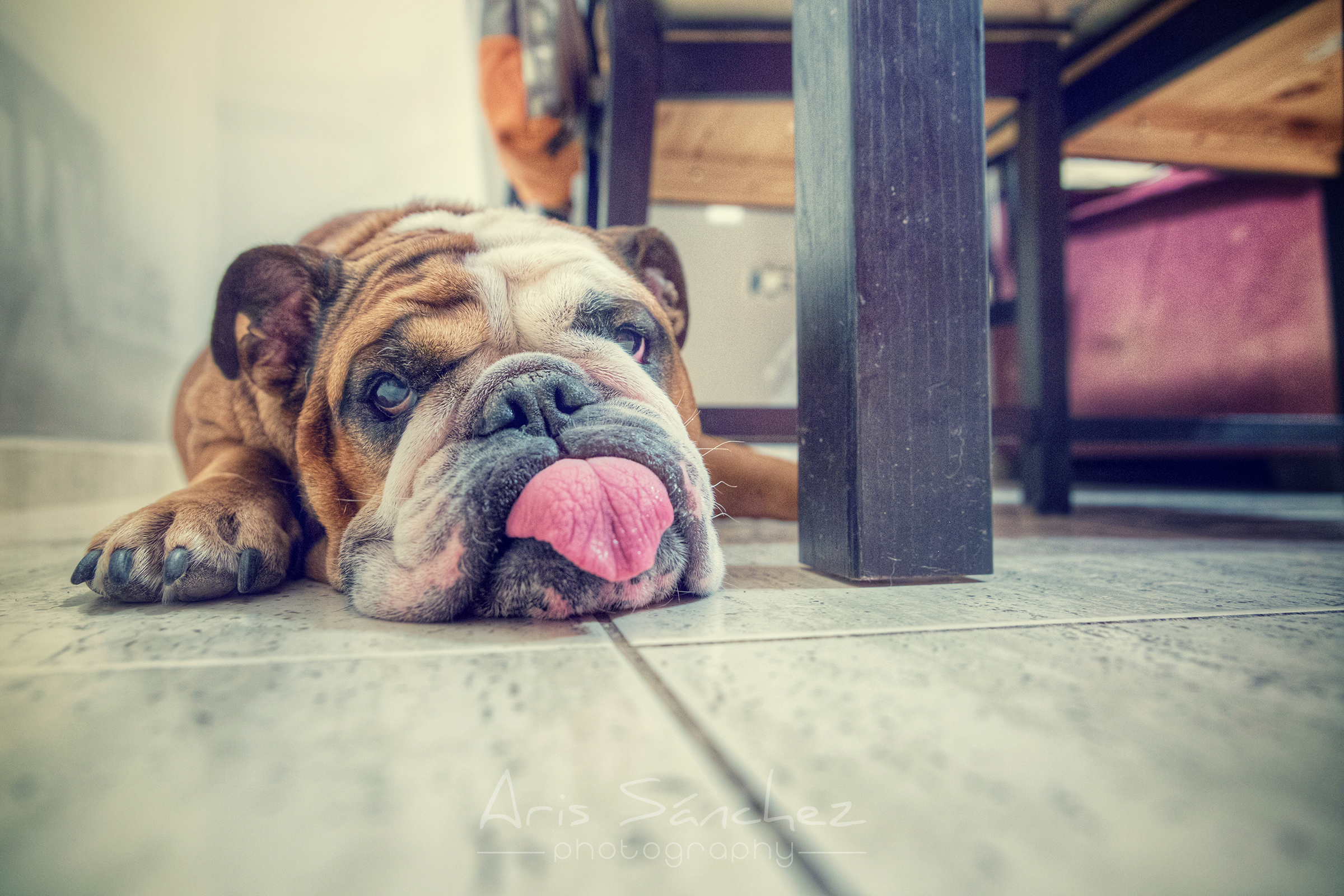
06/12/14 Dogs and humans don't have the same oral bacteria
Dogs don’t have a worse or better oral hygiene than humans. They just have different types of bacteria that inhabit their mouth, roughly as huge as those living in a human’s mouth and causing a similar array of dental illnesses. That is why dental caries or tooth decays may affect 90% of schoolchildren but only 5% of dogs. The environment in a human mouth is more acidic compared to a alkaline habitat in the dog mouth, so different bacteria thrive in the different places.
http://www.livescience.com/32342-is-a-dogs-mouth-cleaner-than-a-humans.html
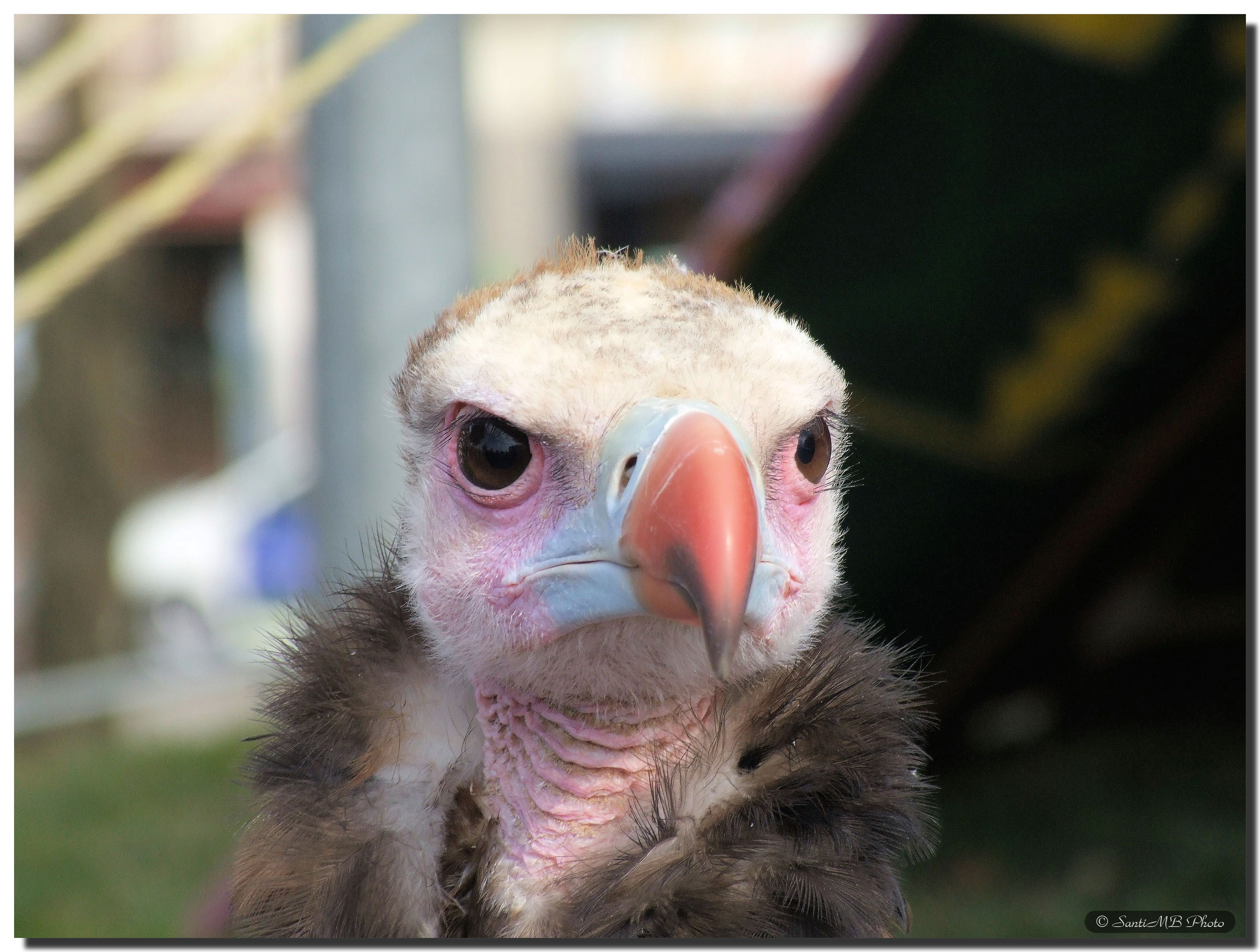
27/11/14 Vultures have more on their heads than in their intestines
Vultures feed off rotten, stinking, filthy carcasses and by doing so are getting rid of a lot of bacteria from the ecosystem for us. Surprisingly, contrary to us, vultures have more bacteria on the outside than within. They have very dirtyfaces – averaging 528 kinds of bacteria – compared to only 76 types in the gut. Their gut is designed to kill off bacteria, destroying a vast majority of the microbes they consume and leaving very few behind. The few that do survive are the ones that cause a lot of problems for humans. Figuring out how vultures cope with those dangerous microbes might be able to give humans the same skill.
http://www.washingtonpost.com/news/speaking-of-science/wp/2014/11/25/how-vultures-evolved-to-live-on-rotting-feces-covered-meat-and-what-we-can-learn-from-them/
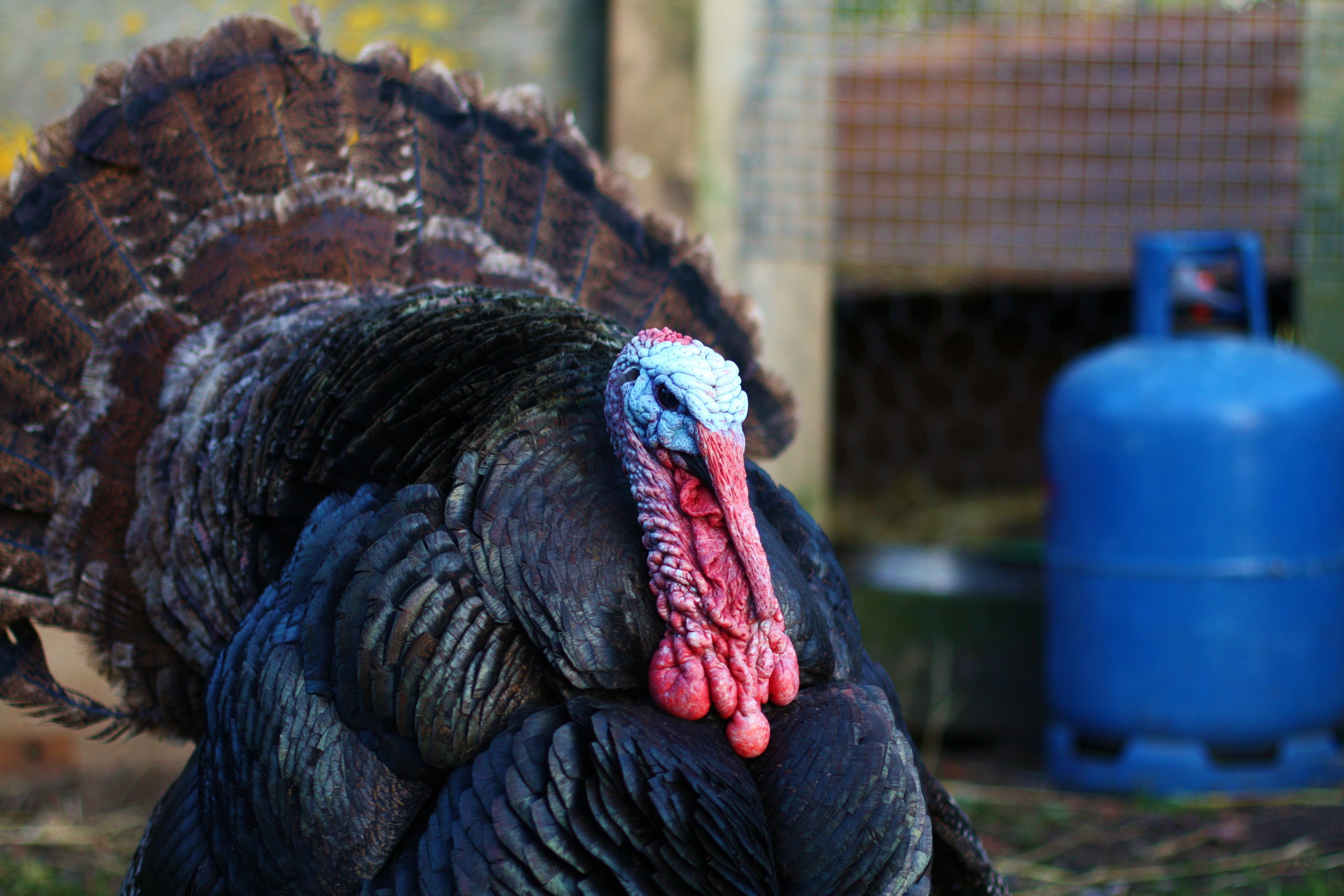
27/11/14 Bacteria in Turkey capable of producing MP1 antibiotic
Over 45 million turkeys are eaten by Americans each Thanksgiving, according to the U.S. Department of Agriculture. But turkey are not only good for feeding you on that day, they might save your life one day. Indeed, a biological machine that produces a potential life-saving antibiotic is found in Turkeys. The machine in question is a bacterium capable of producing the MP1 antibiotic, known to kill staph infections, strep throat, several gastrointestinal diseases and roughly half of all infectious bacteria. So be thankful for your meal and for your life.
http://www.dddmag.com/news/2014/11/reason-be-thankful-turkeys-may-be-lifesavers?et_cid=4286974&et_rid=762765857&type=cta
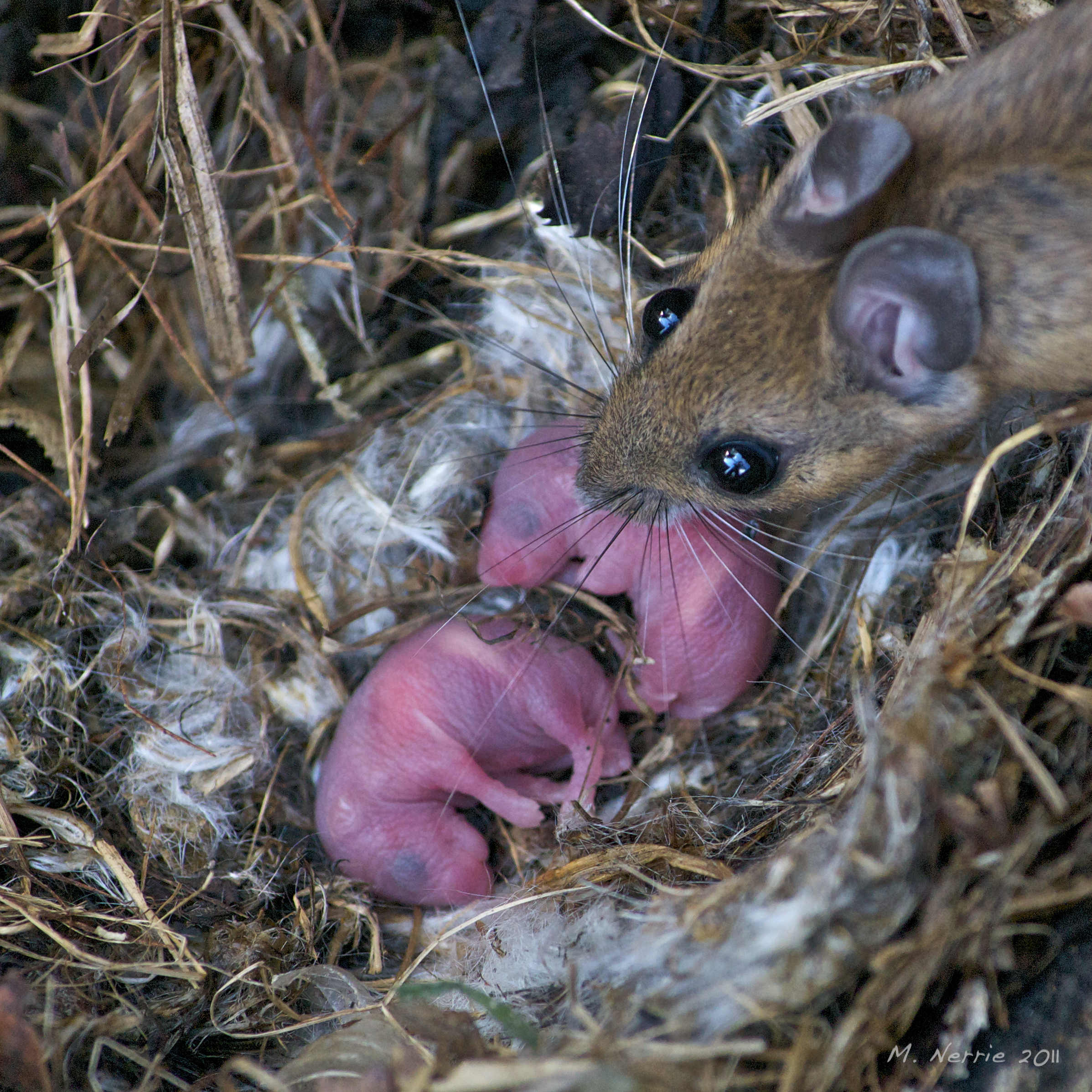
20/11/14 Gut bacteria of pregnant mice strengthen the blood brain barrier of her fetuses
The brain is closed in by an impermeable barrier, protecting it from infections and toxins but also isolating it from the rest of the body, including the intestine. Yet bacteria in the gut of a pregnant mouse seem to be crucial for the proper development and the strengthening of the blood-brain barrier of her developing foetuses, both before and after birth. The blood-brain barrier is very similar to the barrier that lines the intestine and prevents millions of microbe to enter the body. Gut bacteria control the integrity of the intestinal barrier so why wouldn't they affect the brain’s? Gut microbes can modulate brain function and development and are crucial for a proper permeability of the blood- brain barrier.
http://www.the-scientist.com/?articles.view%2FarticleNo%2F41476%2Ftitle%2FMother-s-Microbes-Protect-Baby-s-Brain%2F
Last edited: 13 November 2018 13:46
